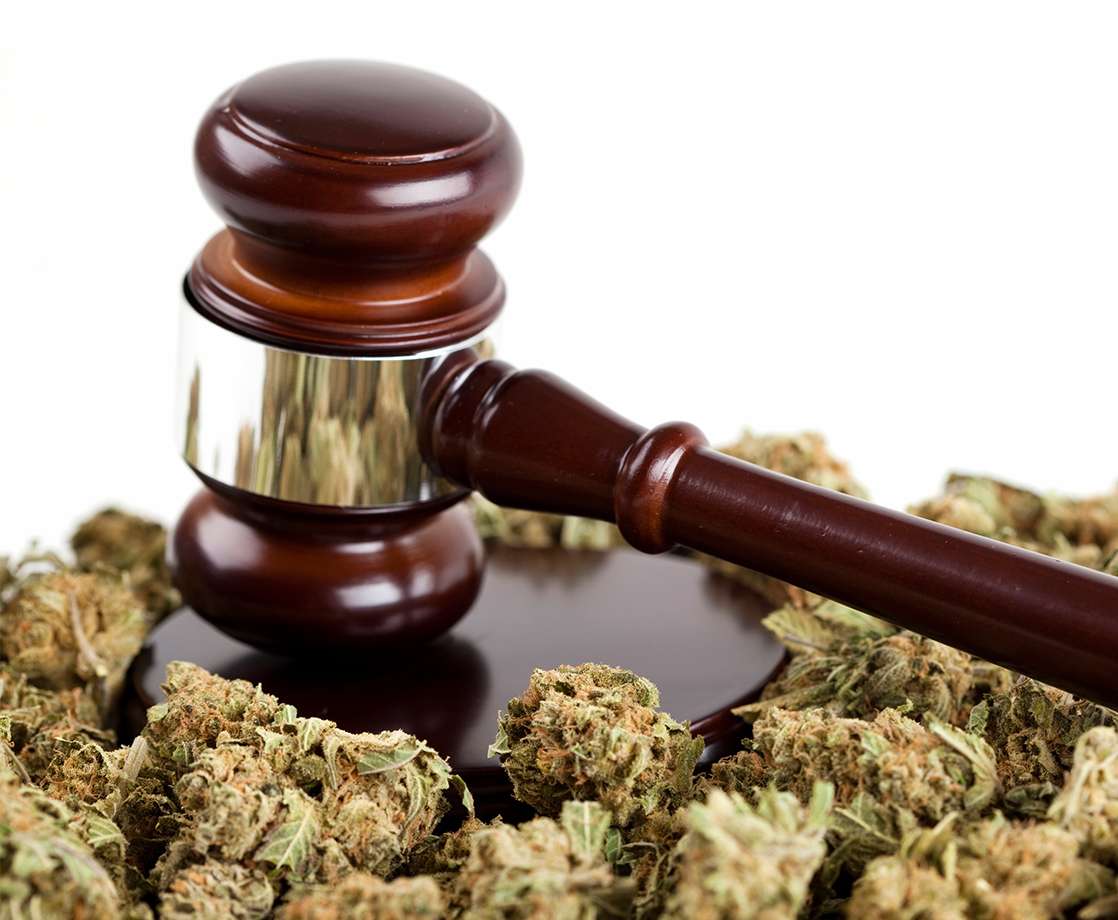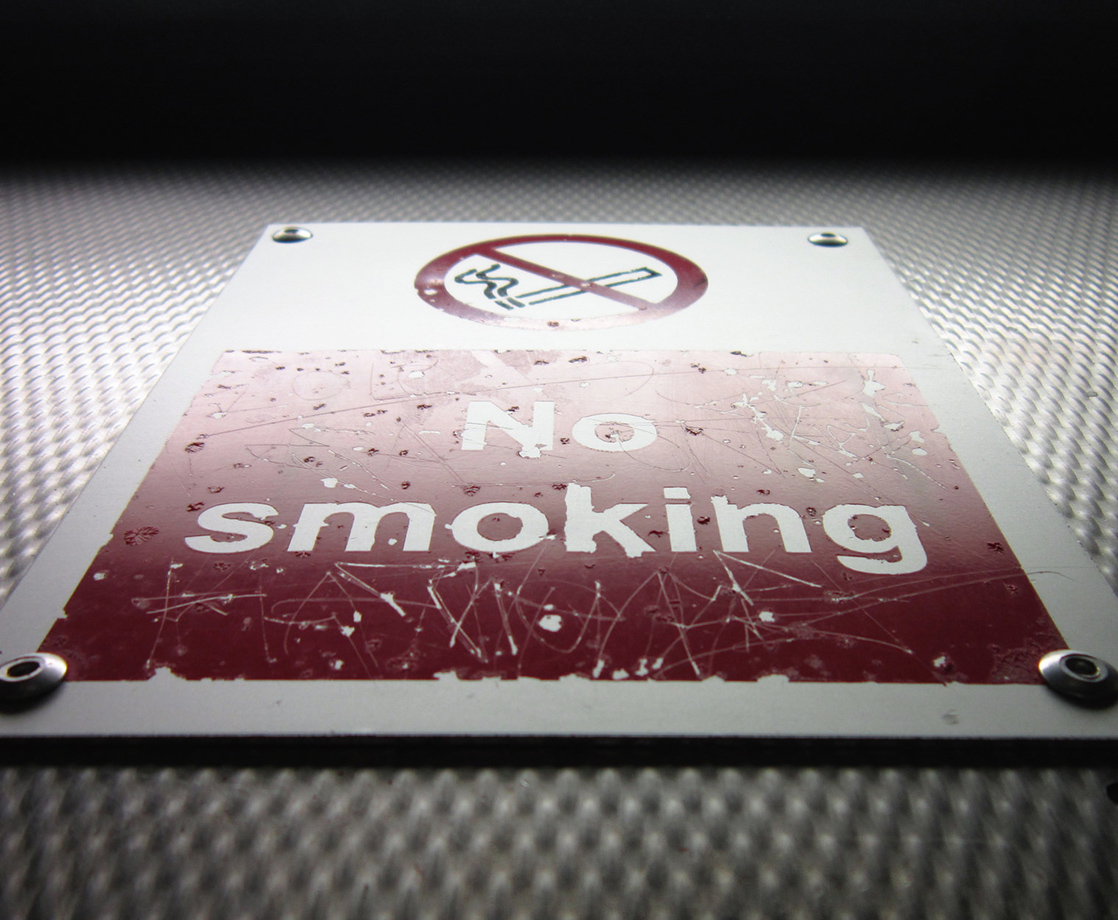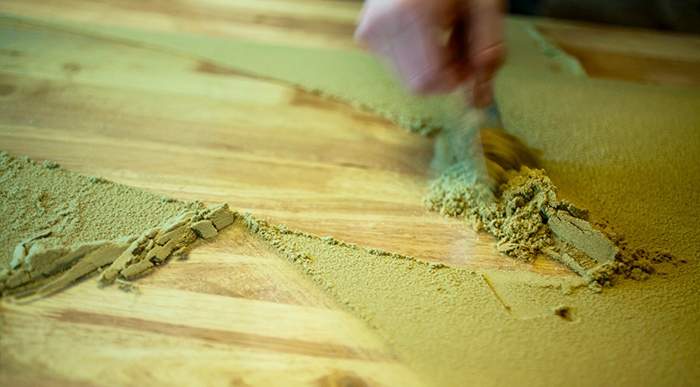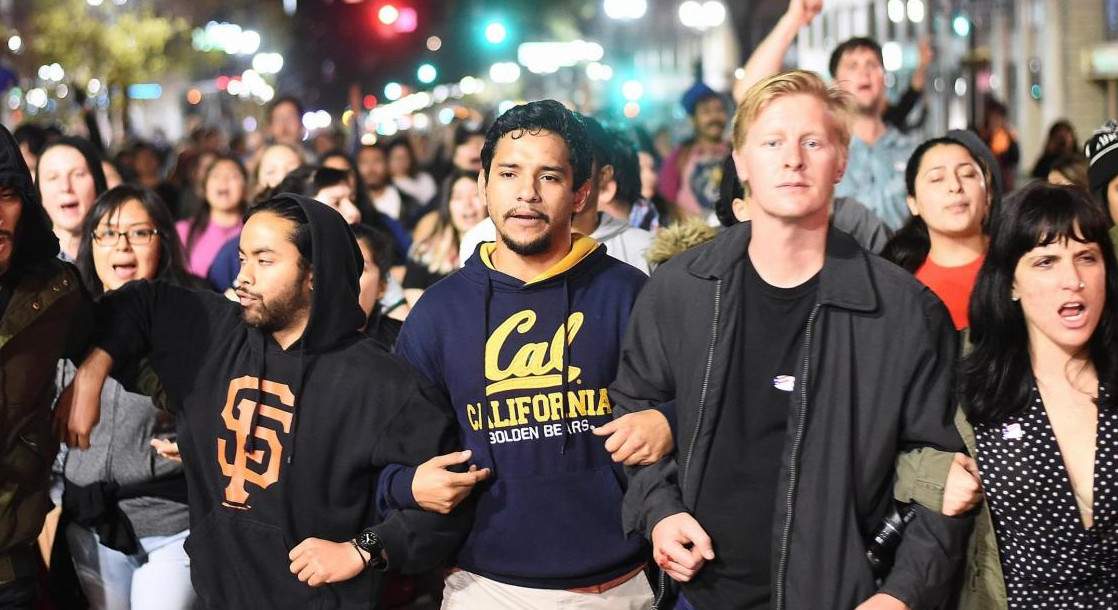Lead image via iStock Photo
Disclaimer: This column is written for educational purposes only. It does not provide specific legal advice and does not create an attorney-client relationship. This column should not be used as a substitute for competent legal advice from a licensed attorney in your state.
With the first day of legal recreational marijuana sales in California rapidly approaching on January 1, 2018, Los Angeles, the projected “biggest marijuana market in the biggest marijuana state,” is not at all prepared. In early 2017, LA passed Measure M by a wide margin, which gave the city the authority to repeal a ban on medical marijuana dispensaries under the previously approved Proposition D and replace it with a new set of rules. The Los Angeles City Council spent several months meeting with various stakeholders and drafting regulations which are required under the Adult Use of Marijuana Act (“AUMA”) for any city legalizing cannabis. The approach appeared to be collaborative and productive, and when draft regulations were released, the cannabis community expected them to be comprehensive and robust. The actual draft regulations released June 8, however, were met with shock and disappointment.
Instead of setting up a comprehensive licensing and permitting system, Los Angeles proposed giving cannabis businesses a “compliance document” issued by the City’s Cannabis Commission that purports to entitle the holder to “limited legal immunity” from prosecution. However, limited immunity comes with no guarantees. Immunity will only be granted on the condition that canna-businesses can claim compliance with state law and the city’s cannabis ordinances. This means that the burden is on each business to ensure that it complies with all of the requirements of Measure M in order to qualify for limited immunity. If this is how the state approaches recreational cannabis, no permits or licenses offering protected legal status will be issued.
Under the draft regulations, limited immunity “may only be asserted as an affirmative defense in an enforcement proceeding.” The burden of proof to establish limited immunity in any enforcement proceeding lies with the canna-business. Presumably, a business facing charges can provide the compliance document as proof that it is operating in compliance with city ordinances. However, the business could also be required to provide further documentation a judge might deem necessary in order to meet the burden of proof. For example, if a canna-business is accused of selling to minors, the business might have to provide sales records or verification that all customers are ID’ed before they’re able to make purchases.
The compliance document would do nothing to protect businesses from raids or the threat of law enforcement action. Instead, limited immunity can be raised only after the business has been targeted for prosecution. This means it can only be asserted after arrests have been made, bail has been set, and the business has essentially been shut down. Those charged would have a case made against them by prosecutors in court. Only after the prosecution rests can the limited immunity defense be raised.
Limited immunity undoubtedly provides less legal protection to canna-businesses than a permit or license. If businesses remain unlicensed, criminal proceedings would be the rule, not the exception. A license provides greater protection against prosecution because, by issuing a license, the city gives express permission for the business to operate within the law. If a marijuana business were accused of violating its license by staying open too late or selling contaminated products, the city would have the burden of filing an administrative complaint and providing evidence of the violation. With only a compliance document, cannabis businesses would be vulnerable to prosecution and the corresponding burden to defend itself at any time.
When Prop 64 passed in California last fall, it included a “dual licensing mandate” that required all cannabis businesses to be licensed by both the local city or county and the state. In fact, it was a prerequisite for businesses seeking state licenses to already have obtained a city and/or county license. Los Angeles’ compliance document plan created an inherent conflict with AUMA from the onset. At the time, AUMA required that each city or county in California make an affirmative decision to either regulate cannabis or ban it altogether. The city’s failure to issue city licenses could have prevented local cannabis businesses from obtaining state licenses.
When Measure M passed in March, the city knew it would have to create a new regulatory framework for legal cannabis. However, in June, a trailer bill backed by Governor Jerry Brown removed the local licensing requirement, meaning that marijuana businesses will no longer have to obtain a local license in order to obtain a state license. Now that local governments are not required to set up a local licensing system for cannabis businesses, it appears the City had decided to recycle the same flawed policy it instituted in 2013 for medical marijuana businesses after Prop D. And while this may have worked in the past as a temporary solution, it’s not what LA voted for. Local cannabis business associations strongly opposed the limited immunity proposal and would not rule out suing the city over the draft regulations.
Fortunately, LA City Council president Herb Wesson reversed course this week when he requested changes to the regulations to allow full licenses for marijuana businesses. The draft will be held open for a 60-day public comment period to allow members of the public to weigh in on what LA’s licensing system should look like. Cannabis legalization advocates are pleased to be move forward in establishing and implementing the robust regulatory system that voters expected when they passed Measure M. After months of confusion and disappoint, LA’s City Council now has to make up for lost time.
For more of Cannabiz Confidante's legal expertise and know-how, visit her website here











